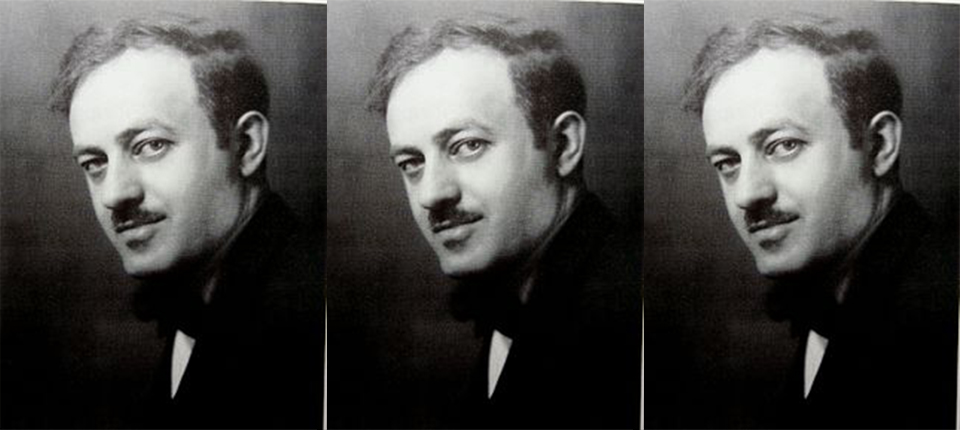Lit Hub Daily: February 28, 2024
THE BEST OF THE LITERARY INTERNET

TODAY: Ben Hecht, the prolific screenwriter, playwright, novelist, and journalist, is born in 1894.
-
“These girls thought themselves saints of something, and I nodded and kneeled.” Emmeline Cline on eating disorder memoirs and the contagion of identification. | Lit Hub Memoir
- Steven W. Thrasher on the murder of journalists in Gaza and the loss of critical American voices in journalism: “What will we do when the Times is the only major news outlet left standing covering matters of war?” | Lit Hub Politics
- “Nostalgia plays tricks on memory, and the Animas River is consistently sepia tinted in my mind.” Deborah Taffa on the complexities of writing about a Native childhood. | Lit Hub Memoir
- The Norman Invasion brought more than new rule to England. As Philipa Gregory writes, it also stripped women of rights and exposed them to violence. | Lit Hub History
- On the life of Carson McCullers: “She seemed sui generis, unique, and as it turned out, as odd as some of her characters.” | Lit Hub Biography
- Keren Blankfeld on researching a love story between prisoners at Auschwitz and the challenges of writing about someone who isn’t there. | Lit Hub History
- “The ending that was the vanished world of the isolated hill bachelors is only one vanishing in this place of many vanishings.” Patrick Joyce explores Europe’s disappearing peasantry. | Lit Hub History
- “As a teenager I presumed that in life I would encounter rooms I wanted to enter more fervently than the teachers’ staffroom at lunchtime, but this has so far not proved to be the case.” Read from Madeleine Gray’s new novel, Green Dot. | Lit Hub Fiction
- Can you end a sentence with a preposition? Merriam-Webster says you have the right to. | NPR
- “If I wanted a rule that would apply to a body of people in an effective way, I would go into advertising.” Imogen Dewey interviews Nam Le. | The Guardian
- It’s time for a game: overheard at ASA 2023 or MLA 2024? | Public Books
- “It [English] still bears the imprint of its colonial past and its modern-day clout tied to anglophone countries, particularly the United Kingdom and the United States.” On the spread of the English language. | The Millions
- These are the best fictional spies, as recommended by espionage writers. | Los Angeles Times
- “I yearn to return to Gaza, sit at the kitchen table with my mother and father, and make tea for my sisters. I do not need to eat. I only want to look at them again.” Mosab Abu Toha chronicles his family’s daily struggle to find food in Gaza. | The New Yorker



















